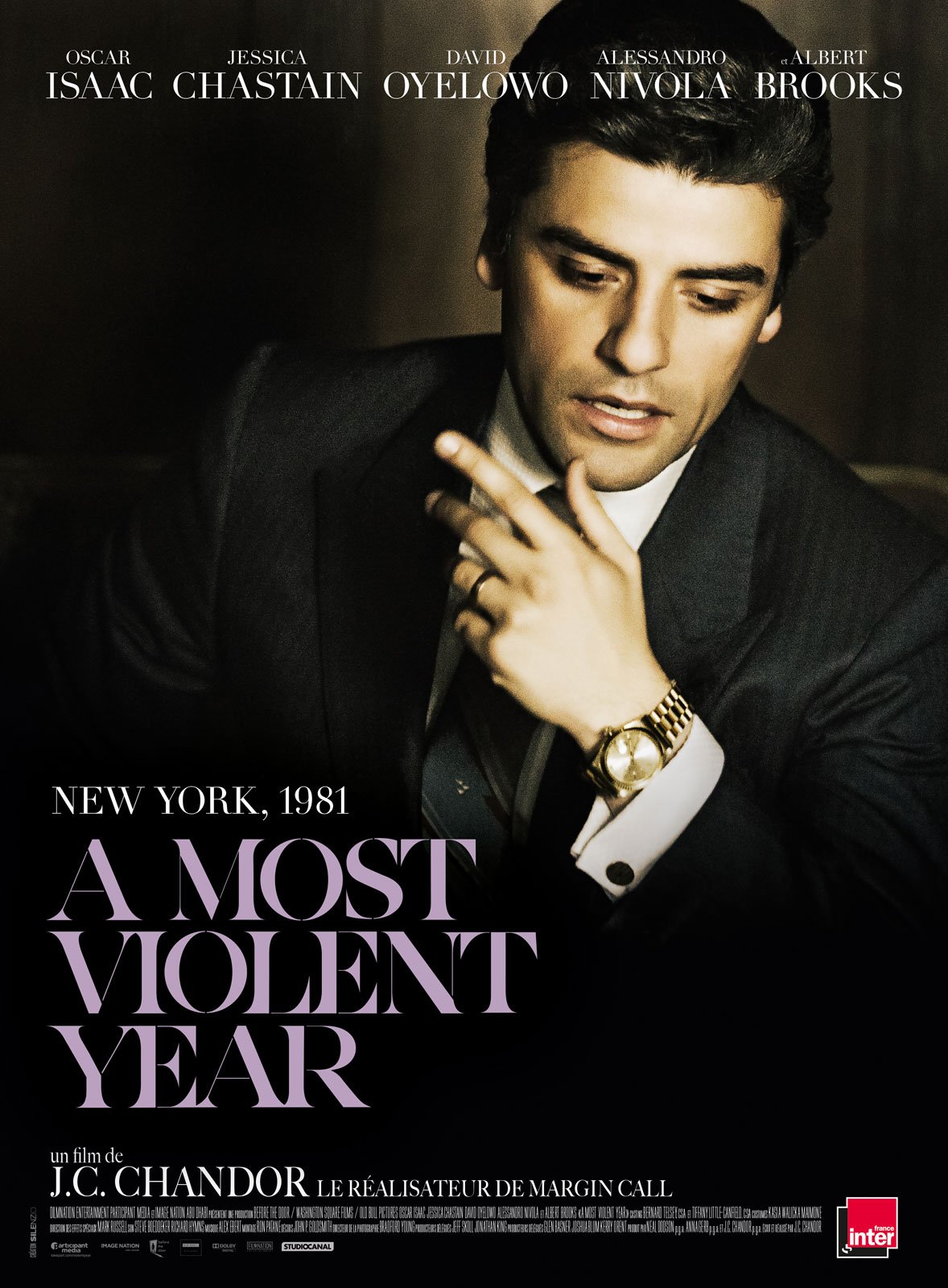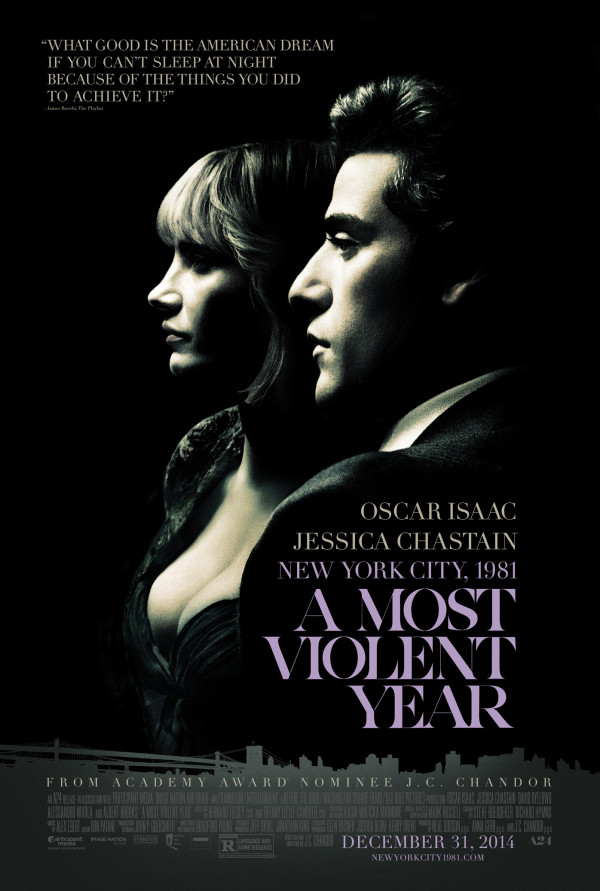
I can be short about this: no, there was never an organised witch hunt in the Middle Ages. Burn it! Burn it at the stake! (Yes, I’m talking about the movie, why do you ask?) And so we have monks and priests in ‘The Physician’ screaming ‘Witch! Witch!’ at every simple barber they see. Nowadays, however, we like to think of science (or medieval ‘proto-science’ if you will) and religion as two separate things that are actually in opposition to one another. 1200–1280) also did their own research (Bede made a timetable for the tides for instance and Albertus Magnus observed nature). Lively (theological) debates went on throughout the Middle Ages, authorities (often from Roman sources) were actively compared to one another to see where they differed and were they were similar, and people like the venerable Bede (672/673–735) and Albertus Magnus (c. Now, the idea of progress is in itself very modern, but the idea that clerics would have been against anything new is ridiculous. In ‘The Physician’, monks and priests are shown protesting the activities of the barber (who did not only shave people but also treated broken bones etc.), because apparently trying to heal anyone from any disease is against the will of God(?!). Monks and priest in movies about the Middle Ages are often shown as hateful, manipulative and, most of all, against any progress. (Christian) religion as it is often presented in movies about the Middle Ages is, however, way, way worse. Just so, most medieval writers who wrote satiric texts about monks and priests were not anti-Christian, but just angry about those abusing their religious position (and they were also using an already established cliché, that had become somewhat of a running gag). But, you know, most people wouldn’t dream of just doing away with all politicians, because 1. Then it was mostly the same stuff as we (or some of us) say nowadays about our politicians (some of them): they don’t care about the people, they don’t practice what they preach, they are only in it for the money etc.

Okay, this cliché might have gotten started in the Middle Ages. ‘The Physician’ does this perfectly, but also take a look at ‘Kingdom of Heaven’, ‘Black Death’ (okay, this one is also supposed to be a bit over the top) and ‘King Arthur’ (which chooses mist instead of ice and snow, but that might be because the Middle Ages are only just beginning and some of the Roman Empire is still around). Everything looks as the Middle Ages are supposed to look: desolate, bleak and gloomy.
#Most violent medieval movies movie#
At least the opening of your movie must have snow, or mist or ice. An easy way to get a lot of greyish, drab colours is to make sure it’s winter.

In fact, why not just stick with grey and black? And if there are other colours, let’s make them dirty. The Middle Ages are not called the Dark Ages for nothing, right? So we can’t have too much bright colours. Anyway, here are the top 5 worst clichés in movies about the Middle Ages:

In fact, I could only watch 20 minutes before it became too much. Why? Well, the reasons came back to me when I started watching ‘The Physician’. I say ‘accidentally’, because I tend to avoid movies about the Middle Ages. It was about a young Englishman who travelled to Isfahan, a city under Muslim rule, to study medicine under Ibn Sina (who we know in the West as Avicenna), as he was far ahead of western medieval medicine. Some time ago, I accidentally watched a ‘medieval’ movie (and yes, I use the airquotes very deliberately): ‘The Physician’.


 0 kommentar(er)
0 kommentar(er)
